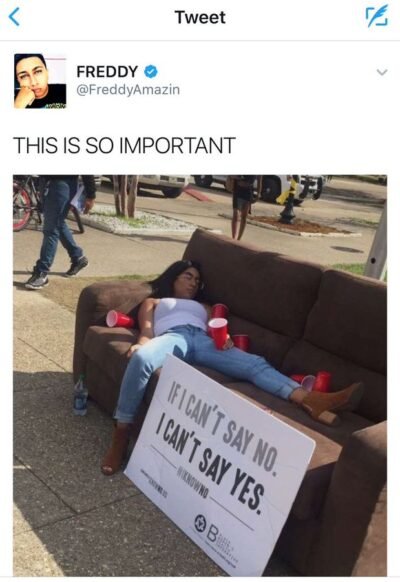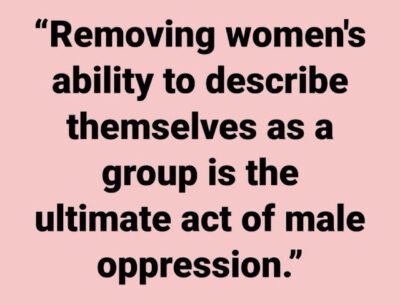🚩 Concerning Signs of Abuse and Control How Loss of Autonomy Mirrors the Pain of Imposter Syndrome🔒 Loss of Autonomy Every adult has the

🚩 Concerning Signs of Abuse and Control
How Loss of Autonomy Mirrors the Pain of Imposter Syndrome
🔒 Loss of Autonomy
Every adult has the right to make their own decisions.
But when someone else begins to control how you live—what you wear, who you see, what you do—it quietly strips away your freedom, your voice, and your identity.
This loss can lead to deep emotional confusion that often looks like imposter syndrome, even if the real cause is coercion.
🎭 Coercive Control
Coercive control is a pattern of psychological abuse.
It involves manipulation, isolation, threats, constant monitoring, and domination—often without physical violence.
In some countries, this form of abuse is legally recognized as domestic violence on its own.
💔 Emotional and Psychological Harm
Being told where you can go, who you can talk to, or what choices you’re “allowed” to make takes a toll.
Over time, it leads to:
anxiety
fear
low self-esteem
chronic self-doubt
You begin to lose confidence in your own judgment—and feel trapped in someone else’s version of your life.
🧍🏾♀️ Isolation from Support
One of the most common tactics in controlling relationships is cutting a woman off from her friends, family, and outside support.
When that lifeline is removed, the person becomes easier to control—and much harder to rescue.
🤯 Self-Doubt and Second-Guessing
When every decision is criticized or overruled, it chips away at your confidence.
You may start thinking:
“Maybe I’m not good at this.”
“Maybe I do need them to make the decisions.”
“Maybe I’m the problem.”
That’s not doubt—it’s a symptom of control.
😞 Feeling Like a Fraud in Your Own Life
Living under someone else’s rules can leave you feeling like you’re just “going through the motions.”
Even if things look okay on the outside, you may feel disconnected, fake, or like you’re failing at being yourself.
That’s not imposter syndrome. That’s survival under control.
😰 Fear of Being “Exposed”
Victims of coercive control often fear they’ll be seen as weak, incapable, or unstable.
This mirrors imposter syndrome, where people are afraid they’ll be “found out” as a fraud.
But in reality, they’ve just had their power taken from them—and taught not to trust themselves.
👍🏾 Craving Approval and Validation
In coercive relationships, approval becomes currency.
The controlling partner’s opinion starts to matter more than your own.
Like imposter syndrome, this creates a cycle where self-worth is based entirely on external validation—and never on your own inner voice.
Signs of Coercive Control

- Monitoring (checking her phone, emails, or tracking her location)
- Dictating friendships (telling her who she can or cannot talk to)
- Financial control (restricting access to money, making all financial decisions)
- Verbal threats or intimidation (making her feel scared to say no)
- Guilt-tripping or manipulation (using emotions to control behavior)
Healthy vs. Unhealthy Behavior
There are people, experts, who listen to and care about the most vulnerable victims. We talk about this in the hopes that it helps to free and liberate others. Even just one somebody.
A healthy relationship is based on mutual respect, trust, and communication. Each partner should feel free to make their own choices while also considering their partner’s feelings.
Abuse is not about love—it is about power and control.
When a man dictates:
- who she gets to be and under what conditions
- what a woman will do,
- how she will do it,
- where she will go, and with whom,
he is exerting coercive control, which is a form of psychological and emotional abuse.
Defining who a woman can be is not love, it’s control—and control is abuse.
No one has the right to shape a woman’s identity but her—anything else is abuse. Denying women the right to define themselves is controlling and abusive. Putting conditions on the rights of women and girls to define themselves is controlling and abusive.
This applies to any man no matter how he identifies or how others choose to classify him.
Related:
Gender ideology:
- Allows men to define “woman”;
- Allows men to define “lesbian”;
- Allows men to abolish women’s spaces.
“Ideology” is defined as “a system of ideas and ideals, especially one which forms the basis of economic or political theory and policy.” The position that men can define “woman”/”women’s rights,” and that what men say should be given political/legal effect, is an ideology.
Posted to X by Professor Gary L. Francione
Male Predators Are Male: Why Language Matters for Survivor Justice
Predators Are Not Always Charismatic—Don’t Be Fooled by the Stereotype